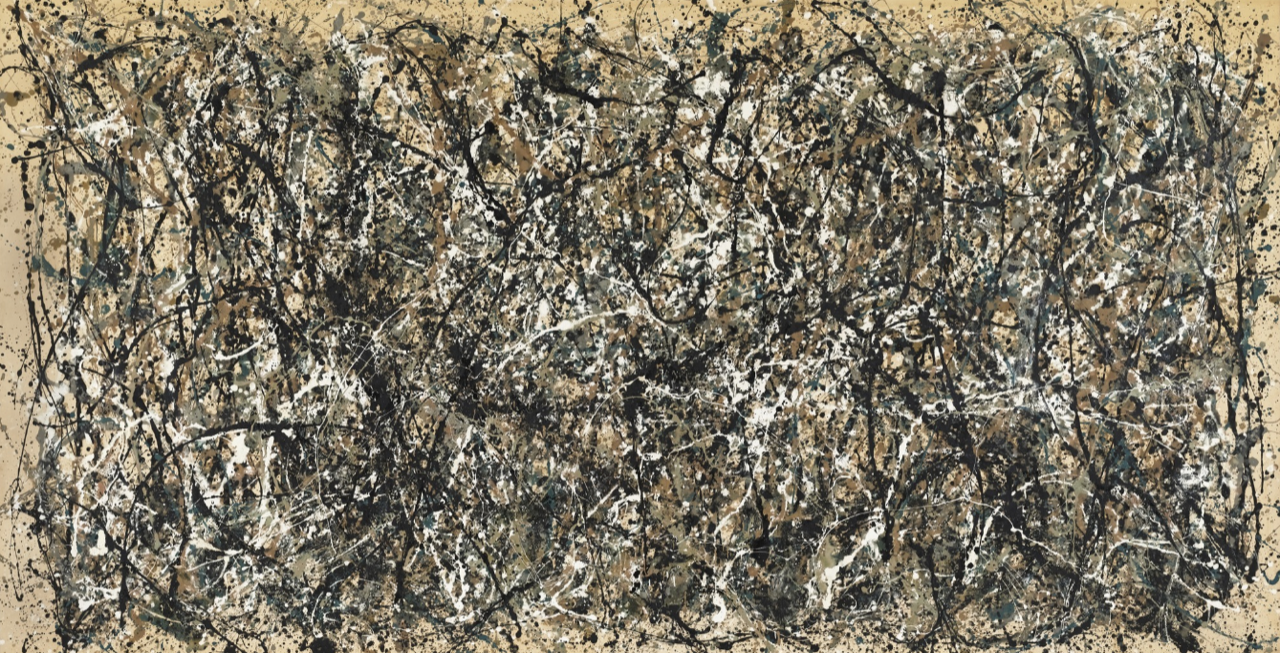For and Against the Avant-Garde:
The Genealogy of an Argument Instructor: Sam Sackeroff Date & Time: Sundays, September 30, October 7, 14, 21, 28, November 4, 11, 18 11 AM - 1:30 PM EST

DESCRIPTION What does the term “avant-garde” really mean? When we come across a painting, book, or film that strikes us as particularly innovative, demanding, or productive, we call it, among other things, “avant-garde.” We tend to use the term loosely to indicate that that work is powerful, dynamic, or charged in some way. How have artists, intellectuals, and critics understood the term? Has it always had a positive connotation? Have there been moments when ambitious artists, intellectuals, and critics have wanted to avoid being seen as “avant-garde?” In this seminar we will unpack these questions. In addition to providing an all-purpose account of the term in the broadest sense, recovering its formal and philosophical foundations, we will track a number of distinct artistic “avant-garde” variants as they developed in the European and American contexts over the course of the twentieth century. More specifically, we will chart moments when European and American understandings of the avant-garde converged and diverged. Re-assembling a conversation that played out in statements, symposia, and essays by the most important artists, intellectuals, and critics of the period, the seminar will deepen and complicate our notion of the “avant-garde,” providing a textured and nuanced understanding of twentieth century artistic and critical practice. The seminar will consist of two four-session modules. In Module One, we will discuss the development of the historical avant-garde in Europe and its reception in America, focusing on a series of debates that took place in the New York-based literary magazine Partisan Review. In Module Two, we will consider the American and European fallouts of that debate. In addition to art-intensive sessions dealing with the test-cases of Dada and Surrealism as they did (or did not) influence the work of Robert Rauschenberg and Jasper Johns, we will consider a number of developments in art criticism, including the rise of the “social history of art,” discussions of the “neo-avant-garde,” and recent comments reconsidering the notion of the “avant-garde” as such. By the end of the seminar, participants will have a grasp of what the term “avant-garde” has meant to various people at various times; the range of commitments that have been associated with it; how its position has changed within a broader artistic, critical, and political landscape; and what its status is in contemporary discourse.
Image: Jackson Pollock, One-Number 31, 1950
You cannot enroll in this Seminar because it has already been completed. To become a Monthly Memebr of The New Centre and watch the related videos, click here to go to PayPal and subscribe:
To see The New Centre Refund Policy CLICK HERE.
To see The New Centre Refund Policy CLICK HERE.